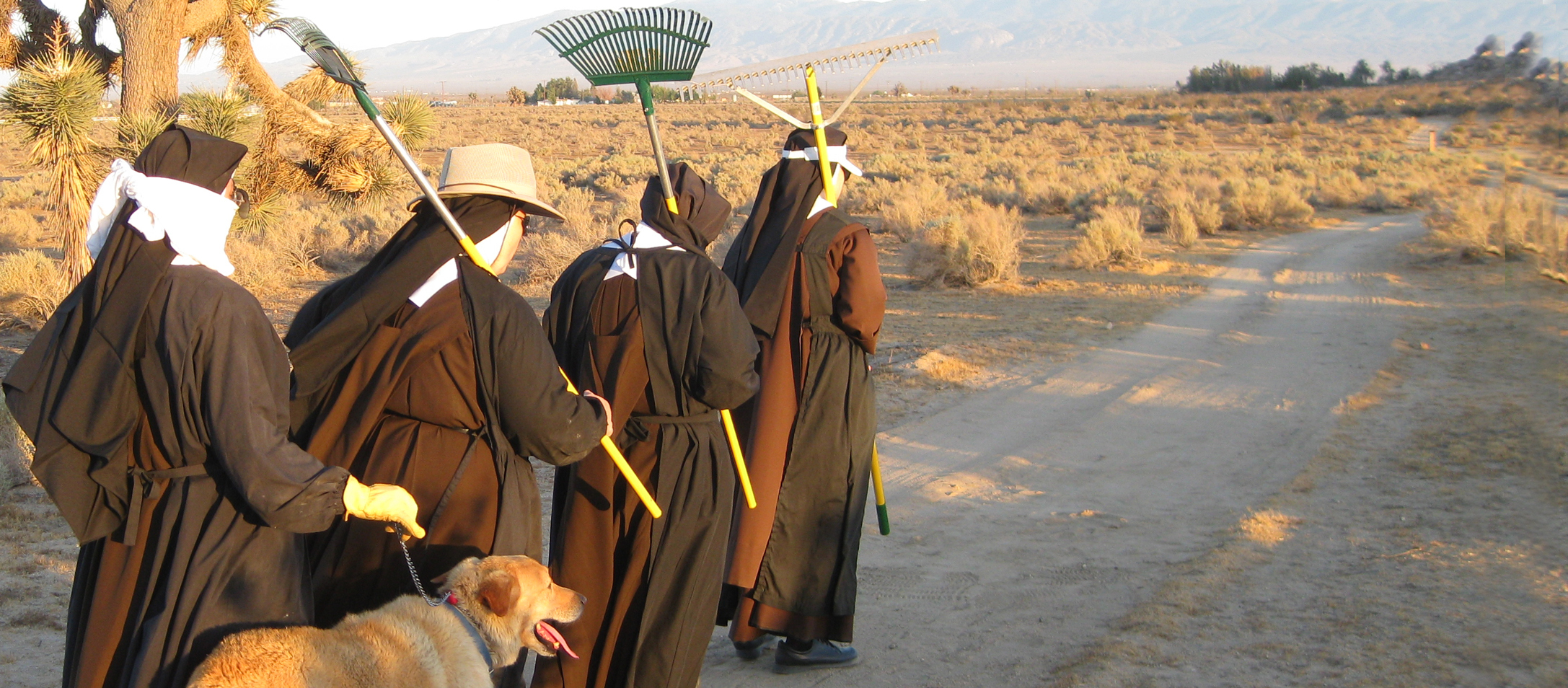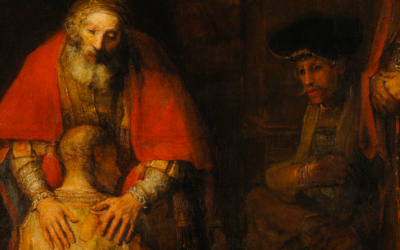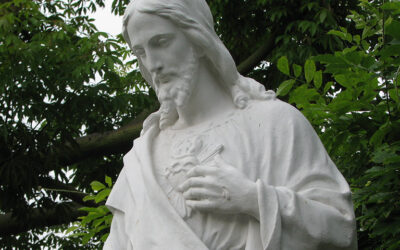For most people, Labor Day means a long, (at least) three-day weekend filled with backyard BBQs, celebrating a last hurrah in the twilight of summer. Work is probably farthest from most peoples’ minds, and fewer still give much thought to the real meaning of work.
Genesis tells us that after His own six days of creative work, God invited man to share in His work: “…fill the earth and subdue it, and rule over the fishes of the sea, and the fowls of the air, and all living creatures that move upon the earth” (Genesis 1:28). By engaging in His creative work, God confers a fundamental dignity and sanctity to work. Even in the fallen world when work became toilsome and, well…laborious… work still remained and continues to remain good. As Pope Francis recently noted:
“We do not get dignity from power or money or culture. We get dignity from work. Work is fundamental to the dignity of the person. Work, to use an image, ‘anoints’ with dignity, fills us with dignity, makes us similar to God who has worked and still works, who always acts.”
By virtue of being “created in the image and likeness of God”, the dignity inherent in human beings (and by extension the work they perform), is underscored by the Second Person of the Blessed Trinity becoming man, Who transforms work by having engaged in work. Jesus acknowledged the dignity of human labor by becoming a worker Himself, taking up the trade of a carpenter, which He learned from His foster-father, Saint Joseph. Saint Joseph, in turn, supported Jesus and Mary through the work of his hands as a carpenter.
God has blessed every human person with many different talents and abilities. Through work, we nurture and bring forth these talents by which we contribute to the building up of our families and of society in a tangible way. There really is no feeling of satisfaction quite like that in a job well done – that feeling of accomplishment. In a job well done, we offer the product of our labors and talents as a gift back to God.
Since the time of Pope Leo XIII’s encyclical, Rerum Novarum, which discusses the relationship and responsibilities between labor and employers, the social teachings of the Catholic Church have stressed the dignity of human labor. Many positions maintained in Rerum Novarum have been incorporated and expanded upon in the encyclicals of subsequent popes, including Pius XI, John XXIII and John Paul II, who referred to work as “probably the essential key to the whole social question” (Laborem Exercens, No. 3).
This Labor Day, let us recall: “St. Paul captures the hope of all creation when, in the eighth chapter of his letter to the Romans he reminds us that all of creation ‘groans’ for the full revelation of the sons and daughters of God. We can have a new relationship to the entire created order – beginning now- because we live in the Son, through whom and for whom, it was all created and is being re-created….Let us renew our minds, pledge to live this gospel of work and proclaim it in the way in which we engage in our labor. We can live this ‘Gospel of Work’ in an age which desperately needs a new living witness of its dignity, meaning and true value.”1
_____________________________________
1 “Reflection on Labor Day, Human Work Made New”, Catholic Online – http://www.catholic.org/news/national/story.php?id=29071




